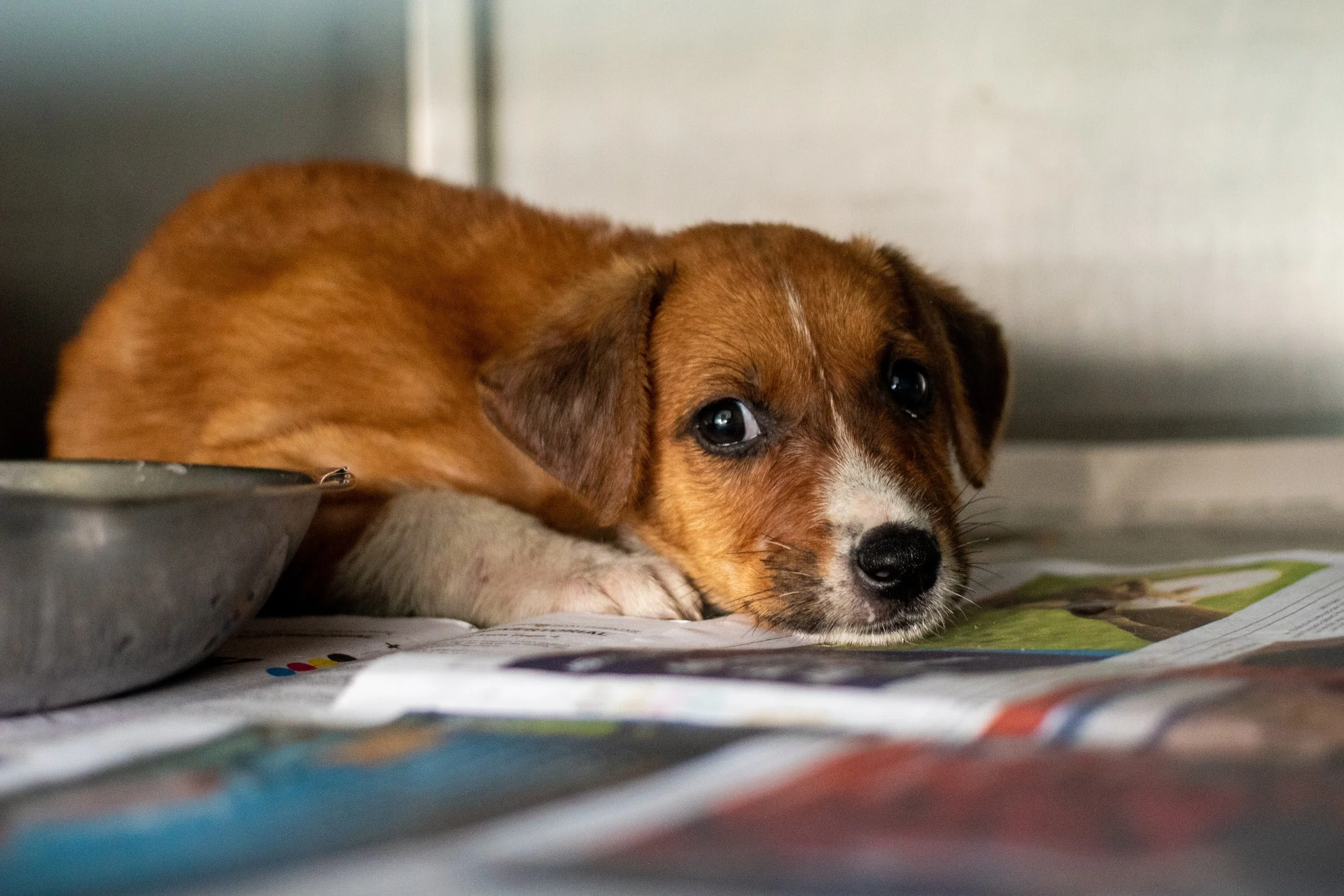Dr Meera Varadharajan highlights a stark lack of cultural diversity within the Australian philanthropic sector and offers 16 actionable recommendations.
Read MoreDr Millie Rooney, co-director of Australia Remade and long-time contributor here at Power to Persuade, has had some great ideas for new reality TV shows, following the success of ‘Alone Australia’. The question is - do we have contestants going it alone to survive, or a team effort to re-imagine a way for everyone to thrive?
Read MoreDeb Tsorbaris (@DebTsorbaris), CEO of The Centre for Excellence in Child and Family Welfare (@CFECFW), discusses the recently launched national wellbeing framework, Measuring What Matters, and contends that if we're serious about enhancing the wellbeing of Australians, the first place to start is with our children and young people.
Read MoreNot too long ago a global survey named Australia the ‘drunkest country in the world.’ Meanwhile, studies are increasingly emphasising that there is no ‘healthy’ or ‘safe’ level of drinking. In today’s post, VicHealth (@VicHealth) Postdoctoral Fellow Florentine Martino (@FP_Martino) of Deakin University (@IHT_Deakin) discusses how the Australian alcohol industry influences health policy through its registered charity DrinkWise.
Read MoreWhile COVID-19 is no longer considered a global emergency, Chris Hartley discusses its enduring effects on homelessness policy and practice.
Read MoreIn today’s post, Deb Tsorbaris discusses the sobering findings of the landmark Australian Child Maltreatment Study (ACMS) released in April this year, and the need for policymakers and the child services sector to respond swiftly. The study reveals that child maltreatment is widespread in Australia and associated with early and persistent harm. Deb is the CEO at The Centre for Excellence in Child and Family Welfare, (@CFECFW), Victoria’s peak body for child and family services.
Read MoreToday’s post by Brandon Maki was commissioned by the Antipoverty Centre. Brandon is on the Disability Support Pension (DSP) and has written about the income free area and the focus of pushing people into work.
Read MoreToday’s post from the Australian Unemployed Worker’s Union discusses the report of the Royal Commission into the Robodebt scheme released on 7 July 2023. AUWU describes the Royal Commission as “the most significant and damning investigation into our welfare system in decades” and pledges to “stand with victims and fight to extract justice for the mass abuse and denigration inflicted on the poor.”
Read MoreLGBTIQA+ people are more likely to experience marginalisation, stigma, social exclusion, abuse, and violence than the wider community. Philippa Moss, CEO of ACT-based LGBTIQA+ peer-led health service Meridian, and Alison Barclay, researcher and social impact consultant, explain how peer-led services are helping to address this gap, and what more needs to be done.
Read MoreRecent animal cruelty court cases have once again shown that the traditional justice system falls well short for both victims and offenders. Felicity Tepper, senior research officer at ANU’s School of Regulation and Global Governance explores how restorative justice could have better outcomes for humans and animals alike.
Read MoreIn today’s post, moderator Dr Rae West @raelene_west discusses the balance between the roles of the NDIS Quality and Safeguarding Commission and Community Visitor schemes in deterring and preventing harm to people with disability utilising funded support services in accommodation settings and homes.
Read MoreIn the Indian Sundarbans, like in many places of the world, the climate crisis is a current reality. In this ‘age of adaptation’, climate change is not a future possibility – it is a present threat. In this post, Annabel Dulhunty (@AnnabelDulhunty) from the Crawford School of Public Policy discusses how Australia needs to convert rhetoric into reality when it comes to climate change, through meaningful emission reduction and increased aid for communities most impacted.
Read MoreMarch and April of this year saw a spate of stories about animal cruelty reported across Australian news media. In today’s article, Serrin Rutledge-Prior (@serrinrp) from the Crawford School of Public Policy reviews prosecutions brought under animal welfare legislation across Australia, arguing that the treatment of non-human animals under Australian law is both inconsistent and insufficient in terms of delivering justice to victims of neglect and abuse.
Read MoreAs the inquiry into Robodebt reveals the depth of Australia’s shame over its treatment of welfare recipients, Dr Tjanara Goreng Goreng, Wakka Wakka Wulli Wulli woman, academic, unionist, former public servant and proud grandmother, answers the question: ‘What opportunities and challenges does a universal basic income (UBI) present for Aboriginal and Torres Strait Islander peoples and communities?
Read MoreAboriginal academic Dr Sharynne Hamilton describes how her research co-partnership with Elders in the Perth Aboriginal community has lead to a clear path of action to achieve justice in child protection grounded in respect, and commnunity control.
Read MoreToday’s post is from Megan Beatrice (@megbeatrice), who is pursuing her PhD in Law at RMIT. Using the lens of intersectionality, Megan urges us to go beyond bail reform and think about how we can address the deep colonial practices embedded within the criminal justice system.
Read More













![The Prevention model of Community Visitors [excerpts from 2020-21 Victorian Community Visitor Annual Report]](https://images.squarespace-cdn.com/content/v1/56b068bcf8baf3fe2ec88413/1683161987064-MEU20LCA3E8RRTMJM37U/OPA%2BPicture1.jpg)






